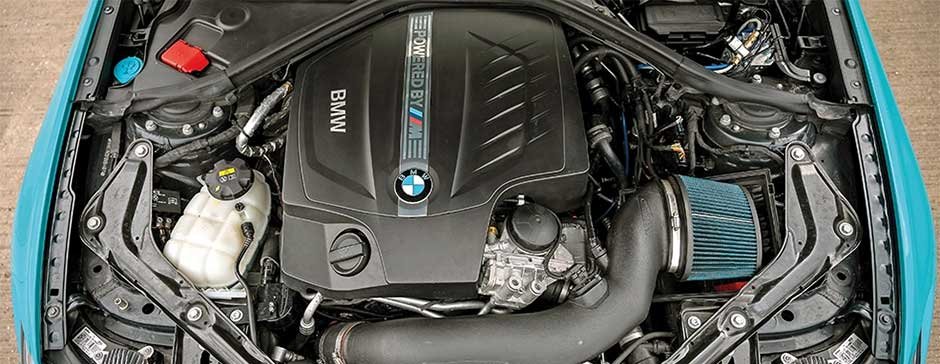A car tune-up involves inspecting and replacing engine components required for smooth ignition and operation. Tuning also involves recalibrating the engine control unit (ECU) and transmission control module (TCM) codes to boost performance. A BMW tuner can help you increase horsepower and torque. Engine tuning requires suspension tuning and system reinforcements to support the new power. The duration your BMW will require depends on the scope of tuning, car age, model, and other factors.
Average Duration for BMW Tuning
A BMW tuner will complete various services before giving your car back. If the service involves engine tuning, you’ll need to make sure the car can support the renewed horsepower and torque. You might need tire replacement, suspension system reinforcements, heat exchange replacements, and other modifications. The average duration for tuning a BMW is a few hours.
A typical tuning service covers everything from replacing spark plugs/wires to installing new performance chips. Leading auto care companies can adjust ignition timing, swap faulty air filters, replace fuel filters, and clean the throttle body and fuel system. Tuning services may also involve replacing the distributor cap and rotor and the PCV valve.
Engine tuning is more complex than a regular tune-up. You need a BMW auto care company experienced in engine tuning. You need to deliver smooth power and performance improvements without compromising your BMW’s safety, efficiency, and fuel economy. An experienced BMW tuner will facilitate small, safe improvements over multiple phases.
Factors Affecting BMW Tuning Duration
Each BMW tune-up is unique, so you should focus on accomplishing your goals. People have different BMW models with varying tuning potentials. You should tune your BMW to a level it can support. Making drastic changes to the engine output can leave your car vulnerable to premature breakdowns. You also risk accidents and unpleasant experiences. Here are three factors that determine how long your BMW will take to tune:
1. Tuning Goals
Your tuning goals are the primary influence on how long the tune-up will take. If you intend to inspect and optimize engine components without changing HP and torque levels, a tune-up may take a couple of hours. Advanced engine tuning that involves changing ECU configurations to boost power output and performance requires more time. Engine tuning is accomplished in phases. After each phase, you must use the BMW for a while before making new changes.
Tuning the engine may also require reinforcing the suspension system with new bushing, shock absorbers, springs, and dampeners. Other people modify everything, including the interior, steering, exterior trim, wheels, brakes, exhausts, and more. If your goals cover such comprehensive modifications, your BMW will take longer to tune. You can speak to the tuner to determine how long they’ll need to achieve your goals.
2. Car Model/Age
BMW tuning aims to improve performance, drive quality, and fuel economy. Some people also invest in trim modifications to achieve a more aesthetic look. Your BMW’s age and model influence how long a mechanic will need to tune it. Modern BMW models with digital systems take a shorter duration to tune compared to old models with manual configurations.
The car’s model also influences performance part availability. Some BMWs have readily available performance parts and kits, which reduces the tuning time. Other models require some digging and improvisations to achieve the desired performance. You can discuss the tuning level and performance parts’ availability with your tuner. Leading BMW tuning companies have a wide range of premium quality parts you can use to improve your car’s performance.
3. Tuning Services
The tuning service is another determinant of how fast or slow your BMW tuning will be. Working with a leading auto care company specializing in BMW tuning can eliminate delays and reduce the tuning duration. You need experienced tuners with a history of working with similar BMWs and achieving satisfactory outcomes. Look for reputable companies in your area and inquire if they can help with your BMW tuning goals.
Tuning a BMW requires a fully equipped facility with access to premium performance chips and parts. Some workshops have a few experienced tuners, while others may be unavailable due to tight schedules. You need a reliable tuner who can give you a timeline and honor their promises. Leading BMW tuning companies and workshops will maintain open communication and provide near-precise timelines.
Working With a Professional BMW Tuner
Professional services offer the best way to shorten your BMW’s tuning duration. Working with an experienced BMW tuner allows you to leverage streamlined service delivery frameworks. You’ll also get a clear outline of the tuning services and why the task will take the projected time. Stick to leading tuners specializing in the BMW model you have.


